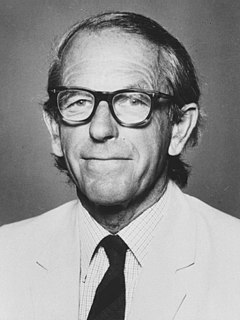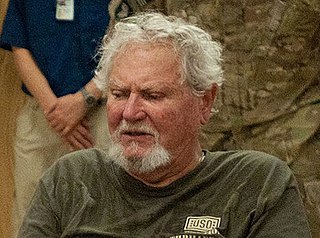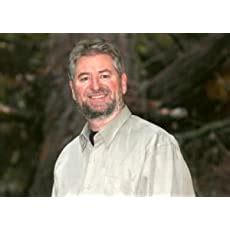A Quote by Frederick Sanger
And indeed this theme has been at the centre of all my research since 1943, both because of its intrinsic fascination and my conviction that a knowledge of sequences could contribute much to our understanding of living matter.
Related Quotes
I wish I could write a book that will be read for as long as our civilization lasts. I would value it much more highly than any business success if I could contribute to an understanding of the world in which we live or, better yet, if I could help to preserve the economic and political system that has allowed me to flourish as a participant.
Philosophical questions are not by their nature insoluble. They are, indeed, radically different from scientific questions, because they concern the implications and other interrelations of ideas, not the order of physical events; their answers are interpretations instead of factual reports, and their function is to increase not our knowledge of nature, but our understanding of what we know.
A people who have only just begun to emerge from a state of subjugation are in no position to be even-handed ... and it takes much patience and understanding and good will on the part of the strong ones both in the subjugated group and in the group holding the power to provide an atmosphere of stability in which the frightened bravado on both sides of the fence can dissipate itself without increasing the chaos that is already intrinsic in the situation.
When we work together as a group we don't contribute individually as much as I do when I'm working on my solos. I try to give as much input when I'm working on a song or album but as a group it's kind of difficult since there are five of us. Having all of us contribute to the same extent is a little more challenging than when doing our own things.
I wanted to reveal how genetic code is translated into protein. I knew a great application could be for antibiotics, since half of the useful ones target the ribosomes, but I didn't believe I could contribute to it. It was like the next Mount Everest to conquer. It was my dream to contribute something to humanity.
Wisdom is not developable, as if it's a matter of luck or personality or genetics. Well it's just not the case. Wisdom involves our accumulated knowledge about a subject but also a reverence for life, for an understanding that our immediate actions have long-term consequences, and for an appreciation that there are different ways of knowing and understanding situations.




































